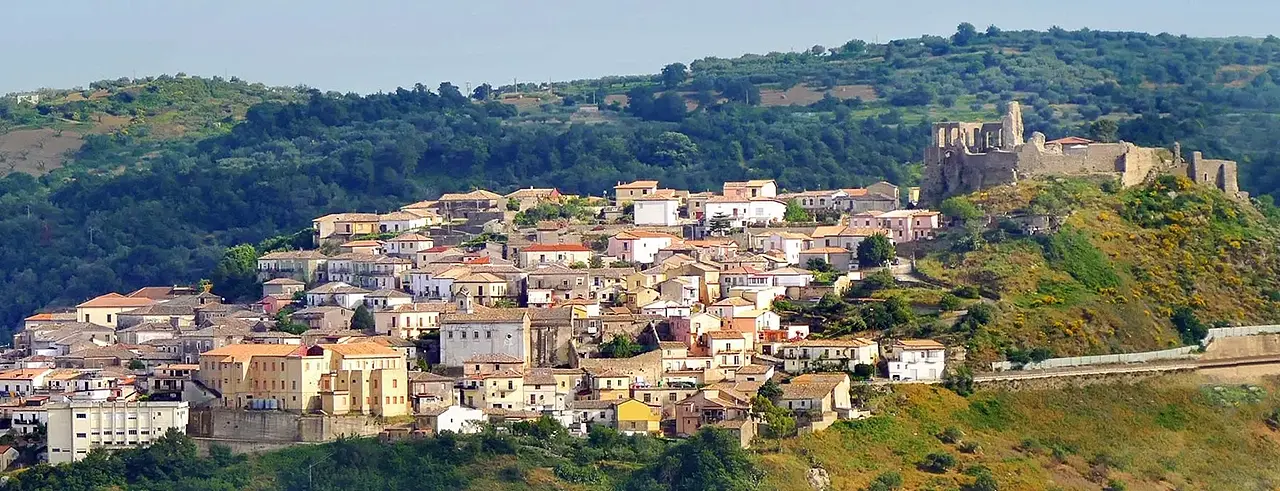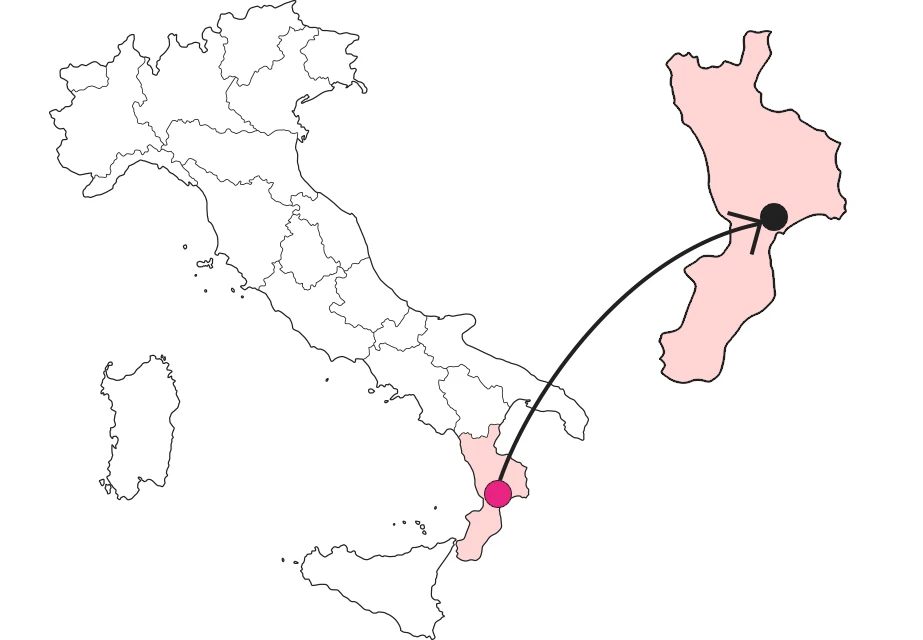SHARRYLAND


Squillace, a Norman city
Starting point of the spectacular crossing from the Ionian Sea to the Tyrrhenian Sea by crossing the so-called Isthmus of Catanzaro



Where is

This municipality is located along two routes: the Road of the Two Seas and the Ionian Foothills.
What is it and where is Squillace
"Squillace shines with the clearest light, and, endowed with a very mild climate, it has open winters, cool summers, and life passes there without any ill effects because of the lack of bad weather. Therefore, the inhabitants are also awake in sensations, for the contemperance of the climate regulates everything..."
So wrote Cassiodorus, an eminent figure of the Lombard age, ofhis city, who in later life returned there, founding the famous monastery of Vivarium, remembered as a shining center of culture.
Squillace old town: why it is special
An interesting town rich in memories, it is set on a cliff overlooking the gulf to which it gives its name. Of ancient foundation, Skylletion for the Greeks, Scolacium for the Romans, it played a prominent role in the government of a large district divided into hamlets in the Byzantine era. The historic center retains its medieval structure and a little everywhere remains of 17th- and 18th-century buildings. Prominent architecture is the cathedral, of Norman plan but rebuilt after the 1783 earthquake in Romanesque forms, custodian of works of art from the 16th century onward.
Not to be missed: the Norman Castle
Over all dominates what remains of the Norman Castle, to which one ascends for the magnificent view of the coast to Capo Rizzuto with the forests of Sila in the interior. Well preserved is the four-sided core with two towers, one cylindrical, the other polygonal. A portal bears the coat of arms of the Borgia family, a lineage that played a notable role in the domination of the territory during the Spanish period.
Curiosity: the devil's bridge and ceramic art.
In the countryside, on the border with Villafiorita, the picturesque ruin of the bridge over the Ghetterello in the construction of which the devil is said to have had a hand in it, rather eloquent evidence of the ancient trade between the Ionian and Tyrrhenian seas at the origin of Squillace's fortunes. Finally, the art of ceramics, a notable expression of the city's rank throughout its history: documented since the Magna Graecia age, it is still well represented with productions that take up the ancient motifs.

